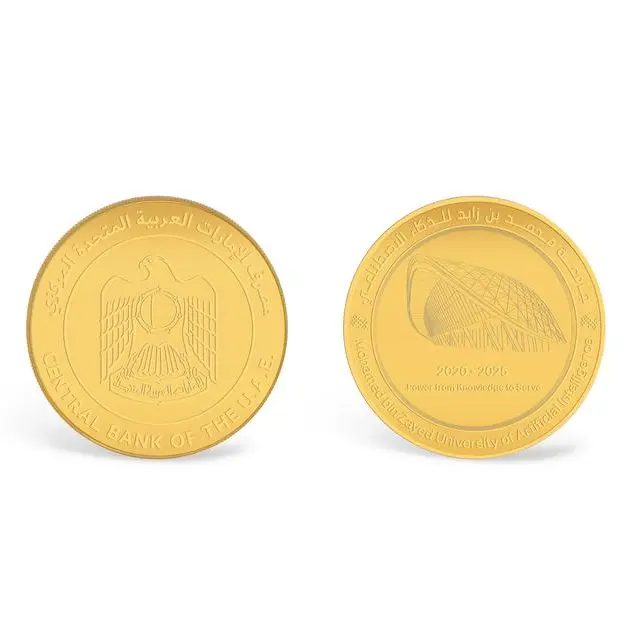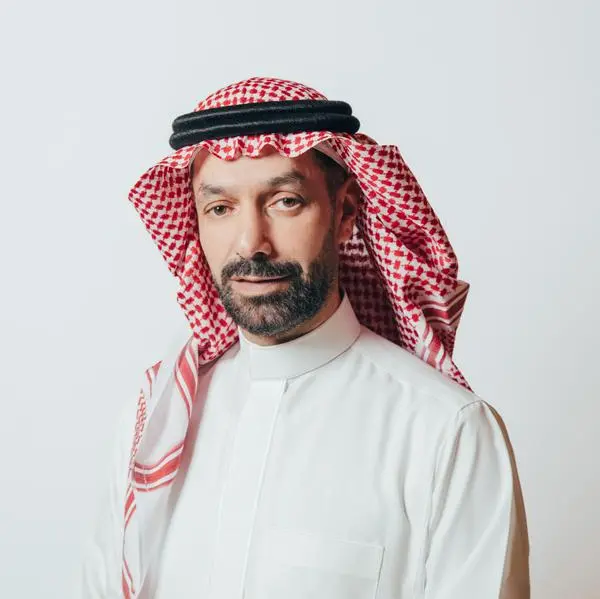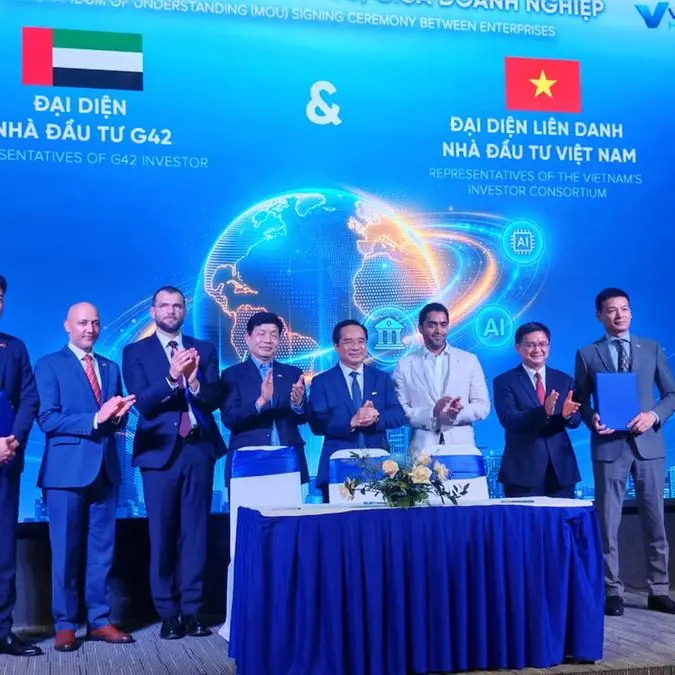- Middle East deal volumes decreased by approximately 2% in comparison to H2 2019 whereas total volumes for 2020 decreased by 13% from 2019
- Deal values in the region were slightly up by 3% from H2 2019 whereas total values for 2020 were down by 51% from 2019
- US dominates inbound and outbound cross-border M&A as top acquirer and target country by volume and value
- The biggest cross-border deal for H2 2020 involved USD 2.7 billion in upfront proceeds paid by NYSE listed Apollo Global Management to Abu Dhabi National Oil Company (ADNOC) in relation to a long-term lease agreement of ADNOC's real estate assets
Dubai, UAE: Mergers and acquisitions (M&A) deal making in the Middle East was slower in 2020 compared 2019. There were 220 M&A deals in H2 2020, down 2% from 225 in H2 2019 whereas total value slightly increased by 3% to USD 14.5 billion from USD 14.1 billion for the same period last year. For the full year of 2020 however, there were 423 M&A deals, a 13% decrease from last year while deal value significantly dropped by 51% to USD 58.7 billion, compared to 2019 demonstrating signs of distress, according to the latest report by global law firm Baker McKenzie*.
Towards the end of the year and specifically in November 2020, deal volumes and values in the Middle East surged up to 52 deals at USD 4 billion, up 56% from the same month last year.
Globally, after a weak first half brought by the COVID-19 pandemic, global deal making recovered nicely during the second half of the year. Total value was USD 2.3 trillion, up 31% from H2 2019 whereas total deal value for the full year 2020 was USD 3.6 trillion, down 6% from 2019. Total volume for H2 2020 fell by 3% against H2 2019 with 25,053 deals as compared to 25,744. Though compared to the previous half year (H1 2020), the number of transactions actually increased by 12%. For the full year 2020, volume decreased by 5% against 2019.
Commenting on the Middle East’s M&A activity for the second half of 2020, Omar Momany, Partner and Head of the Corporate M&A Practice Group at Baker McKenzie Habib Al Mulla based in Dubai said: “2020 has been quite a challenging year to say the least. This year we have witnessed smaller deals dominate the M&A market which is expected given the current economic uncertainty and global market disruption caused by the COVID-19 pandemic. Nevertheless, the megadeals we’ve seen in some sectors such as high technology, financial institutions, energy and power and real estate have shown that there is interest in the region and we can potentially expect to have more activity as the region and the world more generally begin to bounce back from the COVID-19 pandemic.”
Middle East M&A activity
Overall, the majority of deals in the region for H2 2020 were cross-border in nature with companies looking to achieve business synergies and the region as a whole looking to weather the economic storm brought about by the COVID-19 pandemic.
There were 73 domestic deals in H2 2020 totaling USD 4.6 billion, as compared to only 68 deals totaling USD 3.7 billion in H2 2019. Full year figures though, showed a stark difference with 137 total deals worth USD 27 billion, a big drop from the 169 deals and USD 80.6 billion in 2019.
On the other hand, cross-border transactions dropped in H2 2020 with 147 deals totaling USD 9.9 billion, as compared to 157 deals worth USD 10.4 billion for the same period last year. For the full year, the region was involved in 286 cross-border deals for USD 31.7 billion, a significant drop from the 320 deals recorded in 2019 totaling USD 38.7 billion.
Cross-regional deal volumes also dipped in full year 2020 from the previous year (264 deals vs. 295 deals in full year 2019), but deal values increased slightly from USD 29.6 billion to USD 31.17 billion.
Inbound Cross-regional Middle East M&A
The volume and value of deals into the Middle East rose slightly in H2 2020 from H2 2019 with 46 deals for USD 3.9 billion vs. 40 deals for USD 1.6 billion. The same applies when comparing year-on-year - 92 deals for USD 20.8 billion for the full year 2020 vs. 85 deals for USD 15.5 billion for the full year 2019.
On cross-border deal making, the United States remained the top acquirer country by volume and value with 11 deals for USD 2.9 billion in H2 2020 and 19 deals for USD 14.1 billion for the full year 2020.
The High Technology sector was the top target of inbound investors in terms of volume of deals, making 10 deals in H2 2020 and 19 for the full year 2020, followed by Financial Services with 7 and 17 deals, respectively.
In terms of value, the biggest deals in full year 2020 belong to the Energy and Power sector with USD 10.1 billion in total value. This was likely the result of the UAE’s Energy Strategy 2050 which aims at diversifying energy sources and reducing carbon footprint. As for the second half of 2020, the Real Estate sector came first and featured the region’s largest real estate transaction, involving USD 2.7 billion in upfront proceeds paid by NYSE listed Apollo Global Management to Abu Dhabi National Oil Company (ADNOC) in relation to a long-term lease agreement of ADNOC's real estate assets, on which Baker McKenzie Habib Al Mulla advised.
Outbound Cross-regional Middle East M&A
Cross-border deals in the Middle East were mostly outbound transactions with 92 deals totaling USD 5.6 billion in H2 2020 and a full year total of 172 deals at USD 10.3 billion.
For outbound transactions, the United States was also the top investment target country with 14 deals worth USD 1.7 billion and 40 deals totaling USD 5.2 billion in H2 and full year 2020 respectively. Egypt ranked second right after the US in H2 2020 (13 deals) as well as full year 2020. India was ranked the second top target country by value with USD 1.2 and 1.3 billion in H2 2020 and full year 2020 respectively.
The High Technology sector also ranked as top investment target for Middle Eastern investors by volume for H2 2020, with 22 deals and a total of 34 for the full year. It was also the second top industry value-wise with USD 2.5 billion total for the full year 2020 following the Financial Services sector with USD 2.6 billion.
© Press Release 2021
Disclaimer: The contents of this press release was provided from an external third party provider. This website is not responsible for, and does not control, such external content. This content is provided on an “as is” and “as available” basis and has not been edited in any way. Neither this website nor our affiliates guarantee the accuracy of or endorse the views or opinions expressed in this press release.
The press release is provided for informational purposes only. The content does not provide tax, legal or investment advice or opinion regarding the suitability, value or profitability of any particular security, portfolio or investment strategy. Neither this website nor our affiliates shall be liable for any errors or inaccuracies in the content, or for any actions taken by you in reliance thereon. You expressly agree that your use of the information within this article is at your sole risk.
To the fullest extent permitted by applicable law, this website, its parent company, its subsidiaries, its affiliates and the respective shareholders, directors, officers, employees, agents, advertisers, content providers and licensors will not be liable (jointly or severally) to you for any direct, indirect, consequential, special, incidental, punitive or exemplary damages, including without limitation, lost profits, lost savings and lost revenues, whether in negligence, tort, contract or any other theory of liability, even if the parties have been advised of the possibility or could have foreseen any such damages.



















